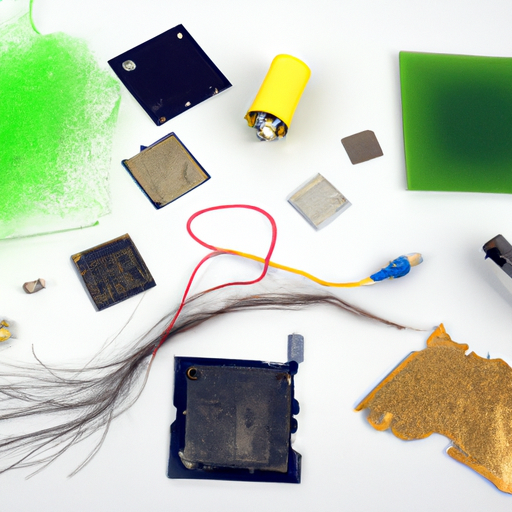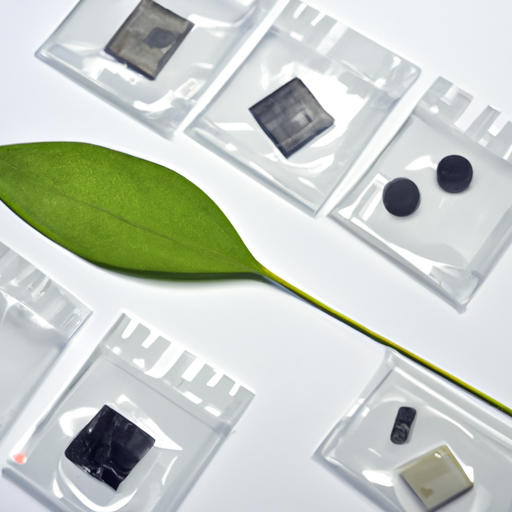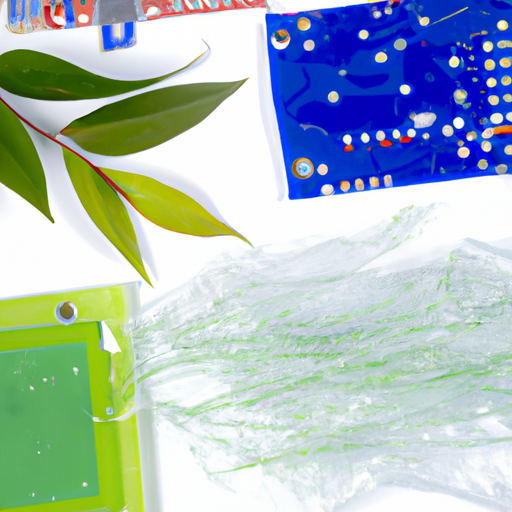In recent years, technological innovation has taken a significant turn towards sustainability with the emergence of biodegradable electronics. As concerns over electronic waste and environmental impact grow, researchers and companies are exploring ways to create eco-friendly technology that minimizes the footprint of electronic devices once they are no longer in use.
What Are Biodegradable Electronics?
Biodegradable electronics refer to electronic devices and components that can decompose naturally in the environment without leaving harmful residues. This new breed of sustainable electronics utilizes materials like organic compounds, biodegradable plastics, and naturally occurring substances, allowing for a more responsible lifecycle compared to traditional electronics, which can take hundreds of years to break down.
Why Are Biodegradable Electronics Essential?
The world is facing a growing crisis regarding electronic waste (e-waste), with millions of tons generated every year. Green technology aims to combat this issue by developing solutions that not only perform well but also lessen the environmental impact. Biodegradable devices can significantly reduce landfill waste and pollution, contributing to a healthier planet.
Recent Advancements in the Field
Innovations in biodegradable electronics are rapidly gaining traction. Recent developments include the creation of:
- Flexible sensors: Made from biodegradable materials, these sensors can be used in medical fields, then safely decomposed after use.
- Batteries: Researchers are working on batteries that utilize organic materials, providing a safer alternative to lithium-ion variants.
- Circuit boards: New formulations of circuit boards made from plant-based materials are being tested for their effectiveness and durability.
The Future of Technology
As the demand for responsible and sustainable solutions increases, the future of biodegradable electronics looks promising. This transformative technology not only aligns with global sustainability goals but also encourages consumer mindfulness about the products they choose.
Conclusion
In conclusion, biodegradable electronics represent a revolutionary step towards sustainable technology. By embracing eco-friendly innovations, we can significantly reduce the impact of electronic waste on our planet, paving the way for a greener future.
Stay tuned to our blog for more updates on the latest trends in technology and sustainability!







